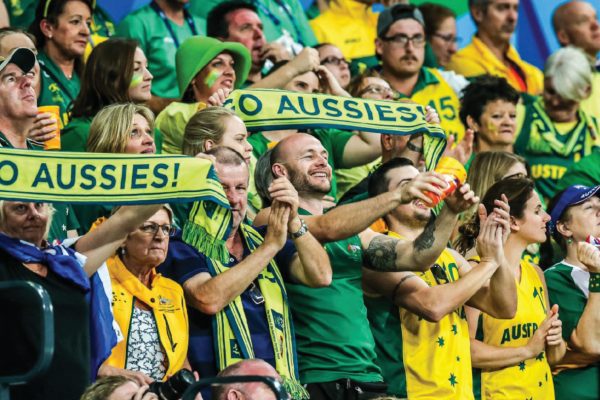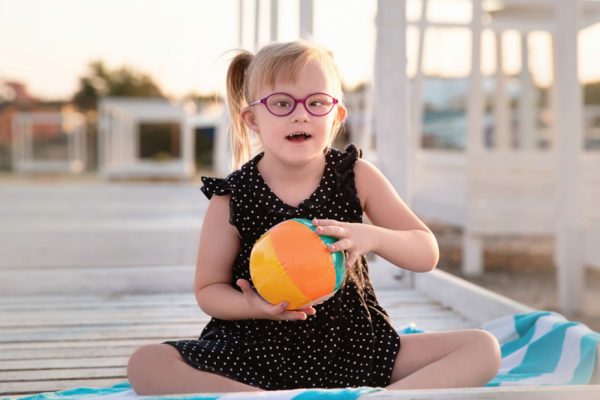
Why kids’ NDIS plans are different and how PlanM can help parents
Advertorial
We understand that the NDIS is built around the individual and that funding is based on the needs and goals of the person at that point of their lives. This means NDIS plans can look very different across one individual lifetime. Pieta Manning, NDIS Expert with PlanM, has been supporting NDIS participants since the start of the scheme and says this was an important learning for her.
“Through my work with NDIS participants from 1-50 years old, I was able to see how different plans could look at different ages and stages and how important it is to understand the potential of each unique plan at that point in time,” she says
As we hear more about longer plans being put in place, even for children, it is essential to keep coming back to the current goals of your child and what they need to achieve them. Plan-managing or self-managing your child’s plan can allow you to use a wide range of supports, mixing and matching traditional approaches with more innovative options to get the best outcomes from the funding.
How NDIS funding differs for children
Many plans for children under 14 years old do not include any Core funding and focus on Capacity Building Daily Living. This funding is used for therapies and supports to build a child’s skills and confidence to be more independent in all areas of their life. However, that doesn’t mean it can only be used for face-to-face time with a therapist.
Pieta explains, “We hear about so many people who are on long waiting lists for therapists or are only able to access their therapist for a short session once a month.”
“This is where it is exciting to see new approaches to therapy and skill building emerging to make sure our kids keep learning and growing.”
Along with many therapists now offering telehealth, there are also new ‘therapy at home’ packages produced by experienced therapists to guide parents and support workers through a practical therapy program at home.
Using Allied Health Assistants or support workers to implement a program developed by a therapist provides great value for plans and can also give you a hands-on presence if you are working with a remote therapist doing video therapy.
The role of parents in supporting their child
The NDIA can have different expectations around informal (family or unpaid) support when it comes to children’s plans. While this can be frustrating, it’s important to understand the intent of ‘parental responsibility’ and how it relates to supports.
Pieta says, “It is expected that parents are responsible for a level of support around the home, transport and social support. But they also need to make sure their child is getting the same opportunities as their peers to develop their independence and be confident to do and try things without their parents there all the time.”
PlanM – a new approach to plan management and supporting parents
As a registered plan manager, PlanM brings a new approach to NDIS plan management to meet the expectations of a new generation of families. and help them realise the full potential of the NDIS for their children.
● PlanM puts kids and families first to make the most of their funding
● Fast invoice processing and payments = less stress
● NDIS experts with years of experience to help you understand your plan funding
● Support across your plan to check underspend and overspend
● Exclusive Discovery Session gives you a clear guide to the hours of support available in your plan
● Self managed? Don’t feel like you have to do it all alone, PlanM can be part of your support team
Whether it is your first plan or you are looking for a new approach to your current plan, PlanM is here to help.
Contact PlanM today to learn more and book your Plan Discovery Session with Pieta and the PlanM team.







